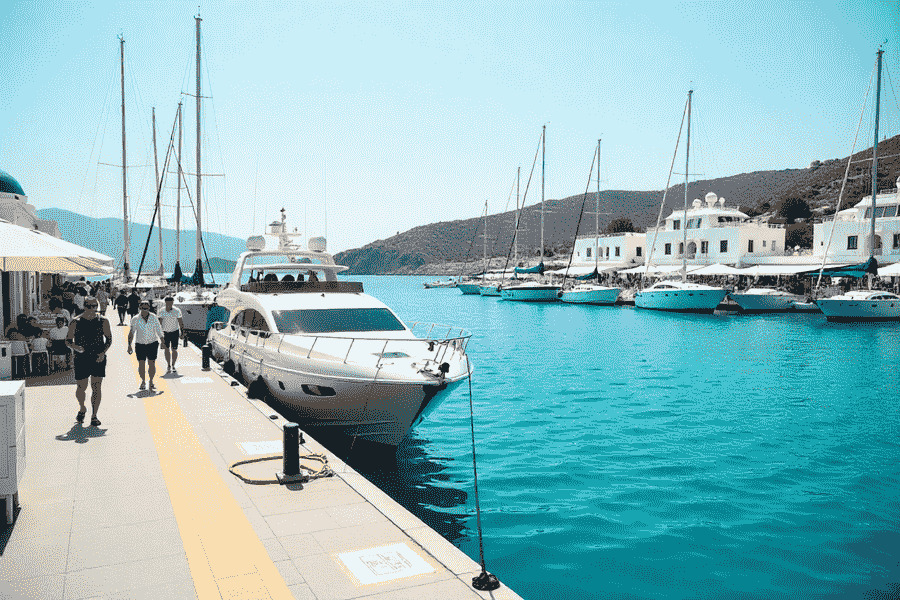Greece’s yachting sector faces growing hurdles during the high season, including bridge failures, increased mooring fees, and regulatory roadblocks. These obstacles threaten not only visitor experiences but also the prosperity of local communities that rely heavily on tourism.
Greece’s Yacht Operators Highlight Urgent Need For Reforms As Bridge Failures, High Mooring Fees, And Bureaucracy Impact Travelers And Local Economies

Key Takeaways:
- Bridge failures hamper yacht travel, disrupting schedules and routes
- High mooring fees add considerable financial strain on yacht operators
- Bureaucracy and regulatory gaps slow vital processes for the industry
- Infrastructure challenges directly impact peak tourist seasons
- Local economies risk losing vital revenue from yachting-related tourism
The Challenges Facing Greece’s Yachting Industry
Greece’s yachting industry is confronting a challenging season as infrastructure gaps, regulatory hurdles, and rising operational costs converge. According to yacht operators, consistent “bridge failures, high mooring fees, and bureaucracy” all contribute to disruptions that are felt by both visitors and industry professionals.
Infrastructure Gaps Take Their Toll
One of the most pressing issues pertains to bridge failures in key maritime channels. These failures create costly delays and force vessels to reroute, undercutting the efficiency of Greece’s yachting corridors. Stakeholders warn that without swift infrastructural improvements, further negative impacts on travelers’ itineraries and on local businesses are likely.
Mounting Fees and Financial Pressures
Rising mooring fees continue to strain yacht operators who must allocate larger portions of their budgets to docking costs. High fees not only burden the local charter community but can also deter international yacht owners from choosing Greece as a prime destination—especially during the crucial peak season.
Bureaucratic Hurdles
Another major concern stems from slow and cumbersome procedures. Industry insiders point to lengthy paperwork and a complex regulatory environment that hamper the smooth operation of tourism-related activities. Entrepreneurs argue that streamlining bureaucracy could revitalize the yachting sector by reducing delays and lowering costs.
Impact on Local Economies
At stake is one of Greece’s most important tourism engines. Coastal communities, in particular, rely heavily on the influx of visitors that yachting brings—through restaurant patronage, overnight stays, and supporting services. Any slowdown or reduction in yacht traffic reverberates across industries that depend on maritime tourism.
Calls for Immediate Reforms
Yacht operators are urging policymakers to address these pressing issues, emphasizing that reforms are necessary to avoid long-term damage. By improving infrastructure, rethinking fee structures, and simplifying regulations, Greece can safeguard this valuable sector for the benefit of travelers, entrepreneurs, and local economies alike.











